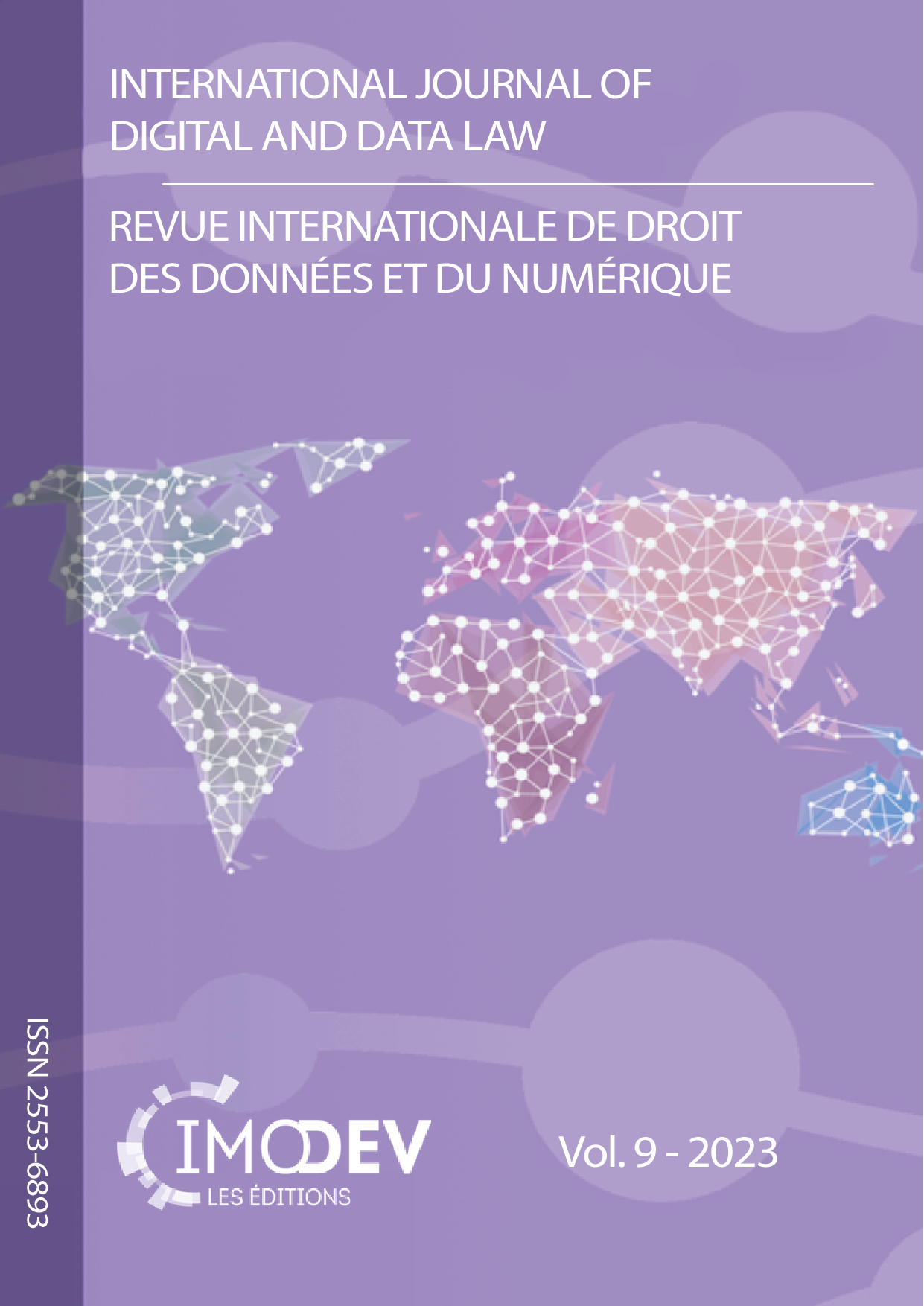Blockchain As a Technology for Public Registries and Notary Activities
Résumé
With the increasingly rapid technological advances, the evolution of electronic government to open government and digital government cannot be disregarded, with ever greater participation and influence in citizens' lives. Thus, questions arise about the impact of technologies on public functions and activities of the Public Administration and, with regard to notaries and registrars, their permanence regarding activities involving public records may be questioned, which is the problem that involves the present study.
The research was carried out from the deductive method, and the methodology used was the analytical-documentary, with technical-bibliographic investigation in national and international scope, and this paper is divided into four parts. At the first moment, the provision of notarial and registry activities in the Brazilian legal regime is studied, with a presentation of general lines about such services and exposition about the public and notarial registry systems. Afterwards, the interaction of new technologies and Public Administration is discussed, with the evolution of electronic government to digital and an explanation regarding the adoption of ICTs in the provision of public services, with emphasis on the role of the State as a great promoter of technological innovations. Soon after, we move on to the study of the blockchain itself, its origin, main characteristics and applicability. In the third item, there is an explanation regarding blockchain technology, to introduce the fourth topic, which addresses digitalization and the new paradigms of public records.
Based on administrative efficiency (which is not to be confused with the idea of private efficiency), we can conclude that blockchain in the notary and registry function it does not replace the indispensable presence of notaries and registrars, but it can serve as an increase in security and quality to their activities.
Téléchargements
Publiée
Comment citer
Numéro
Rubrique
Licence
(c) Tous droits réservés IMODEV 2023

Ce travail est disponible sous licence Creative Commons Attribution - Pas d'Utilisation Commerciale - Pas de Modification 4.0 International.


